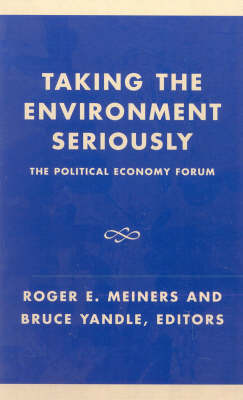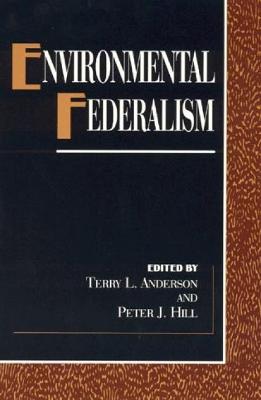The Political Economy Forum
3 total works
After two decades of high-cost, low-output federal efforts to protect and improve environmental quality in the United States, the contributors to this volume argue that it is time to consider market-oriented solutions to environmental problems. Taking the Environment Seriously means learning from past experiences, initiating regulatory approaches that truly protect environmental property, and becoming serious about the business of managing and protecting environmental quality.
The past several decades have witnessed a growing recognition that environmental concerns are essentially property rights issues. Despite agreement that an absence of well-defined and consistently enforced property rights results in the exploitation of air, water, and other natural resources, there is still widespread disagreement about many aspects of America's property rights paradigm. The prominent contributors to Who Owns the Environment? explore numerous theoretical and empirical possibilities for remedying these problems. An important book for environmental economists and those interested in environmental policy.
For over a quarter century, the federal government has been the primary determinant of environmental regulation and policy. The contributors to this volume provide a wide variety of strategies to challenge what they consider to be Washington's unsophisticated, ineffective, and harmful approaches. The original essays demonstrate how states can improve environmental regulations as they apply to land, water, wildlife, and pesticides, and they provide a general framework for how states can regain control of their environmental destiny. Important reading for anyone interested in environmental policy studies.


